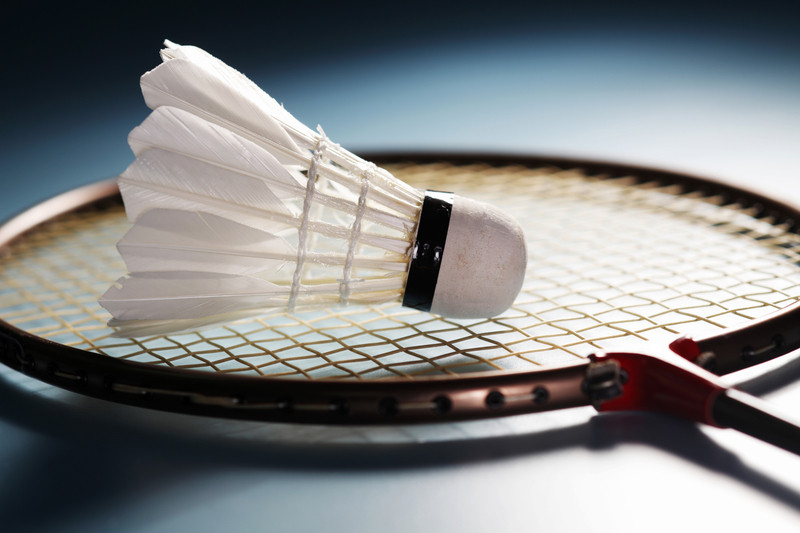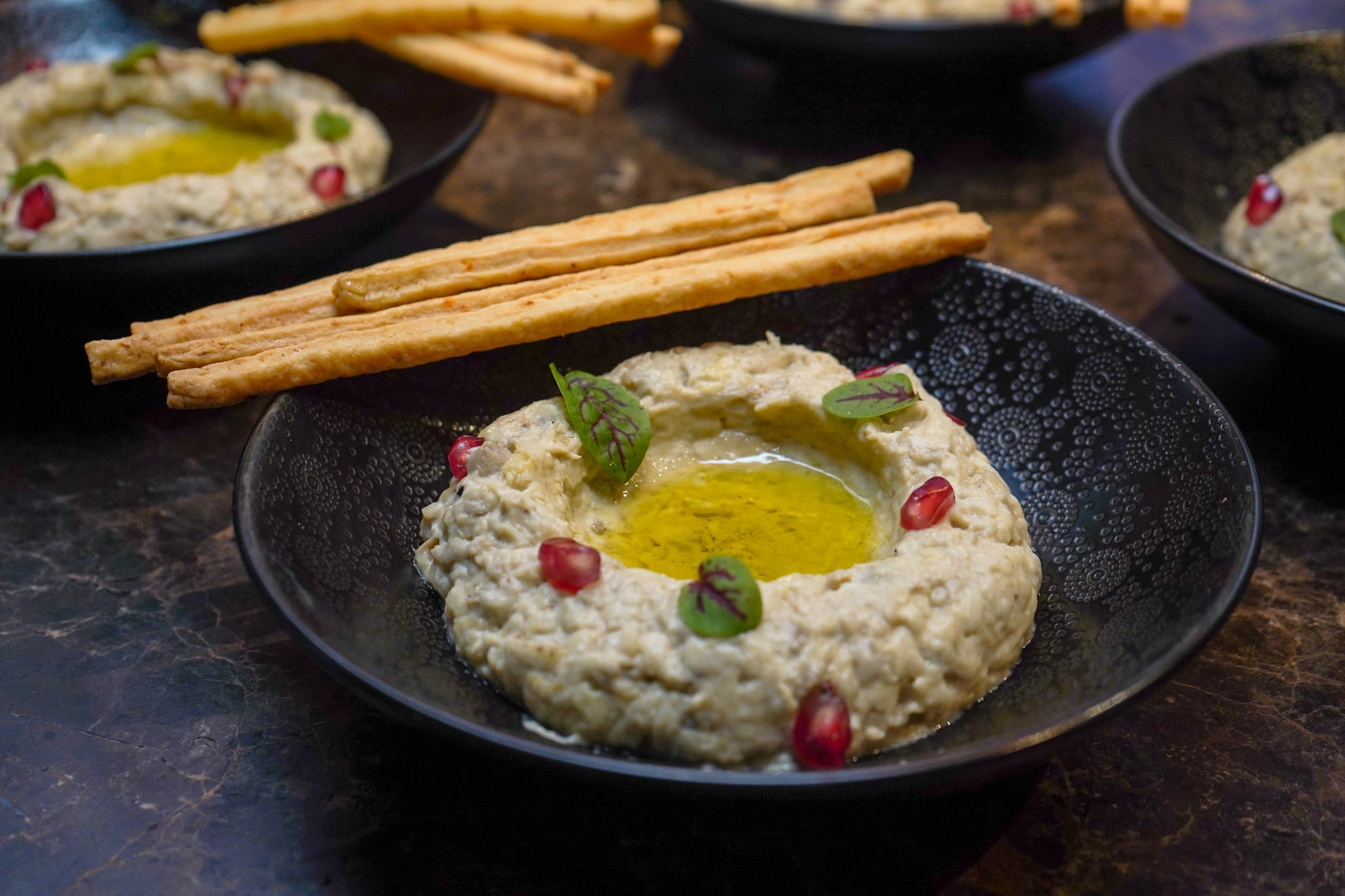A Feather-Light Sport, Heavy on the Wallet
As Malaysia eagerly anticipates a potential Olympic gold medal in badminton from the Paris Games, a looming crisis casts a shadow over the sport. The cost of playing badminton is set to skyrocket, particularly for casual players, due to an anticipated price hike in shuttlecocks.
The Cost of Flight: A Shortage of Feathers
Loh Eng Swee, a racquet shop owner in Bukit Dumbar, revealed that a tube of shuttlecocks could become 10% to 20% more expensive in the coming months. This price increase follows a recent surge in June, where popular brands saw their prices jump from RM76 to RM87 per dozen. The trend isn't limited to Malaysia; Taiwan and China are expected to see a 30% increase, while India faces a staggering 40% hike.
Loh attributes this alarming trend to a shortage of feathers, the primary material used in shuttlecocks. "The spike in price for shuttlecocks is due to the shortage of the feathers used to make them," he explained.
The Unexpected Link: Pork and Badminton
While the shortage of feathers seems like a straightforward explanation, a deeper analysis reveals a surprising connection: the plummeting cost of pork. This unexpected link has played a significant role in driving up shuttlecock prices.
The drop in pork prices has led to a decrease in consumer demand for pork products. As a result, fewer farmers are raising ducks and geese, the primary sources of feathers for shuttlecocks. This decline in supply has directly affected the cost of feathers, ultimately increasing the price of shuttlecocks.
Major Brands Join the Price Hike
Adding to the woes of badminton players, major brands have also informed distributors of upcoming price increases for shuttlecocks. These increases are attributed to rising production costs, further fueling the upward trend in prices.
A Dilemma for Players
The anticipated price hike poses a significant challenge for badminton enthusiasts. Players like Neoh, a regular badminton player, are concerned about the financial burden. "Usually, we have between six and eight players sharing a two-hour session. The court rental is RM20 per hour and within the session, we would easily use up a tube of shuttlecocks that cost about RM100. Imagine playing three times a week and after a few months, we have to restring the racquets and get a pair of new shoes. It's getting expensive," he shared.
The Future of Badminton: A Balancing Act
The rising cost of badminton raises concerns about the sport's accessibility and sustainability. The Penang Badminton Association president, Datuk Kah Kau Kiak, expressed worries about the escalating costs. He advises casual players to prioritize quality shuttlecocks, emphasizing that "a good shuttlecock is durable and accurate, while poorly made shuttlecocks break easily." He suggests that players aim for a dozen shuttlecocks costing around RM80, which offers a balance between quality and budget. However, the looming price hike presents a challenge for those seeking to maintain their playing habits without breaking the bank.
The future of badminton in Malaysia is now intertwined with the evolving economic landscape. While the sport remains a cherished pastime for millions, the rising cost of playing may force players to make tough decisions. The price hike serves as a reminder that even seemingly simple pleasures, like hitting a shuttlecock, can be impacted by complex economic forces, forcing players to reconsider their love for the sport.
The Unforeseen Cost of a Love for Badminton
In conclusion, the price hike of badminton shuttlecocks is a testament to the interconnectedness of global markets and the unexpected consequences of seemingly unrelated events. The decreasing demand for pork has triggered a shortage of feathers, leading to a surge in shuttlecock prices. This situation poses a serious challenge for badminton players who are forced to grapple with the rising cost of their beloved sport. The future of badminton in Malaysia hinges on the ability of players to navigate this price hike while maintaining their passion for the game.


















